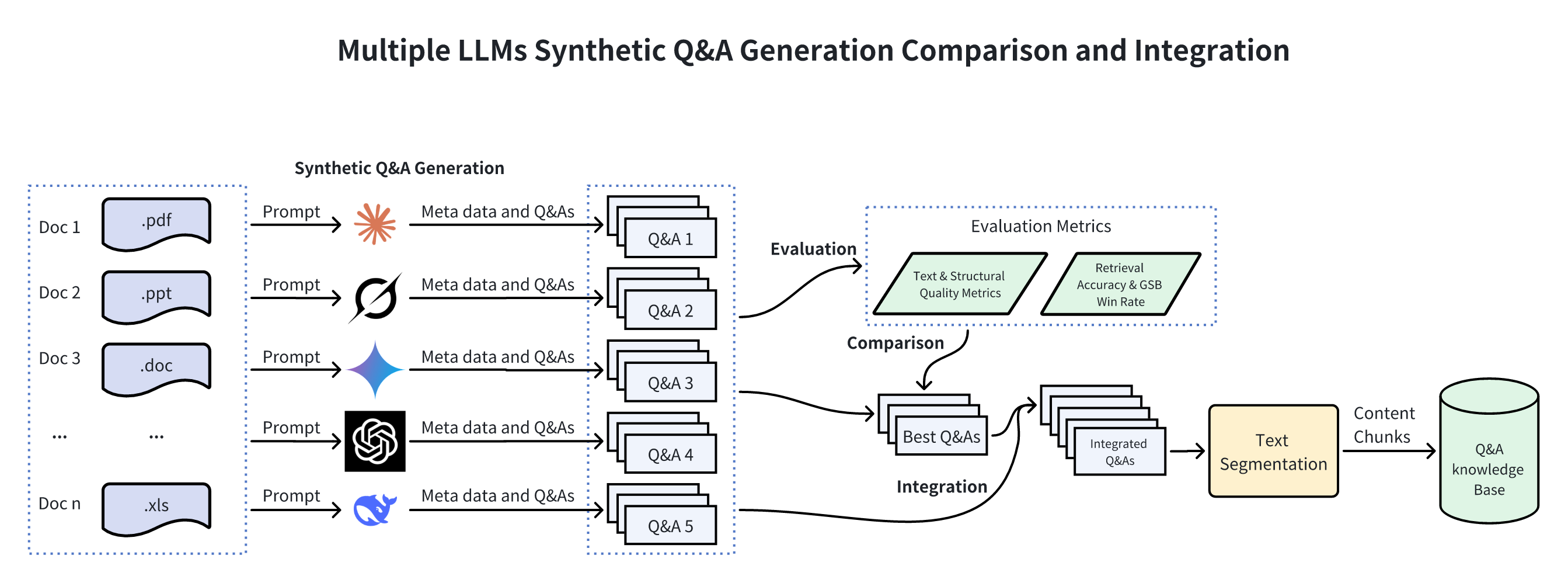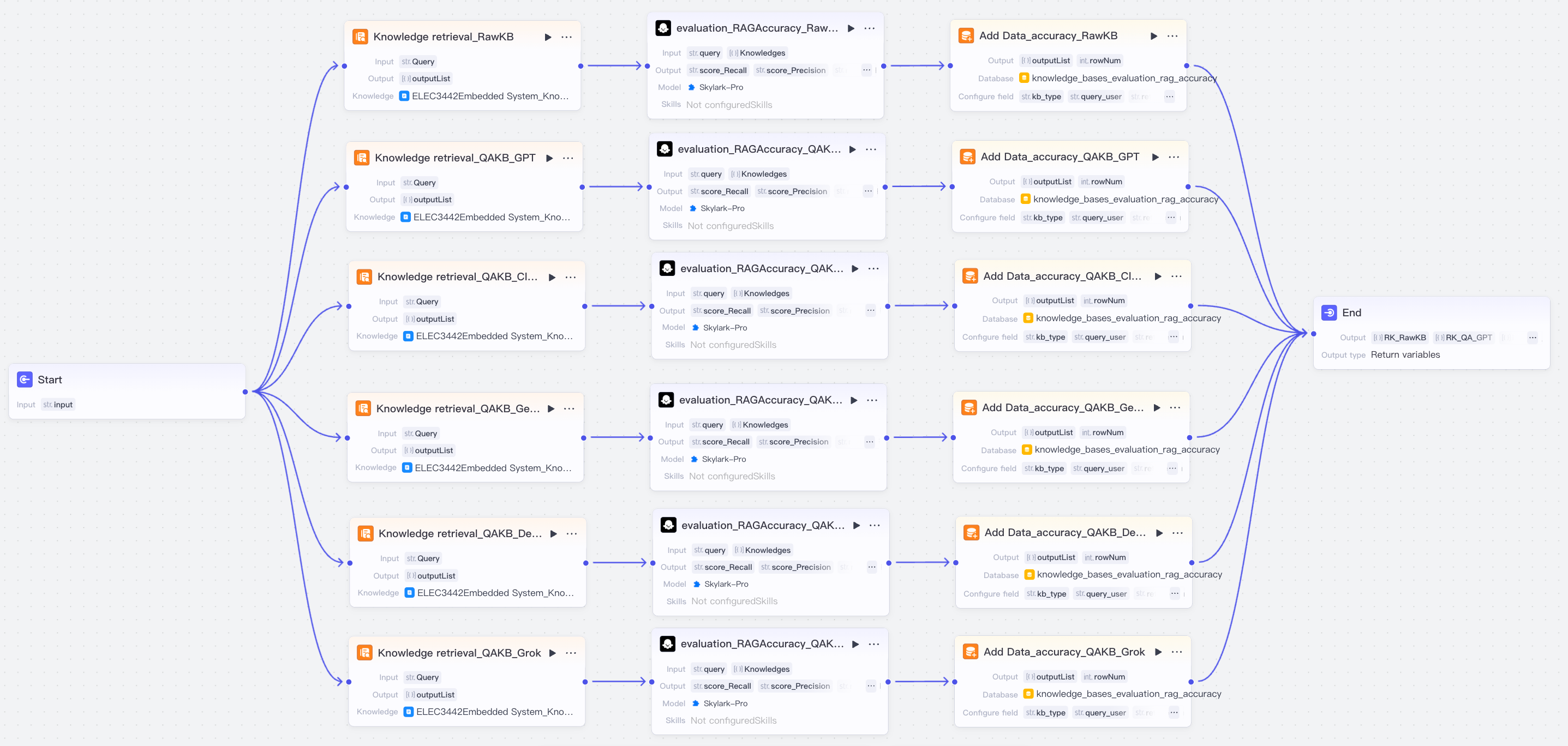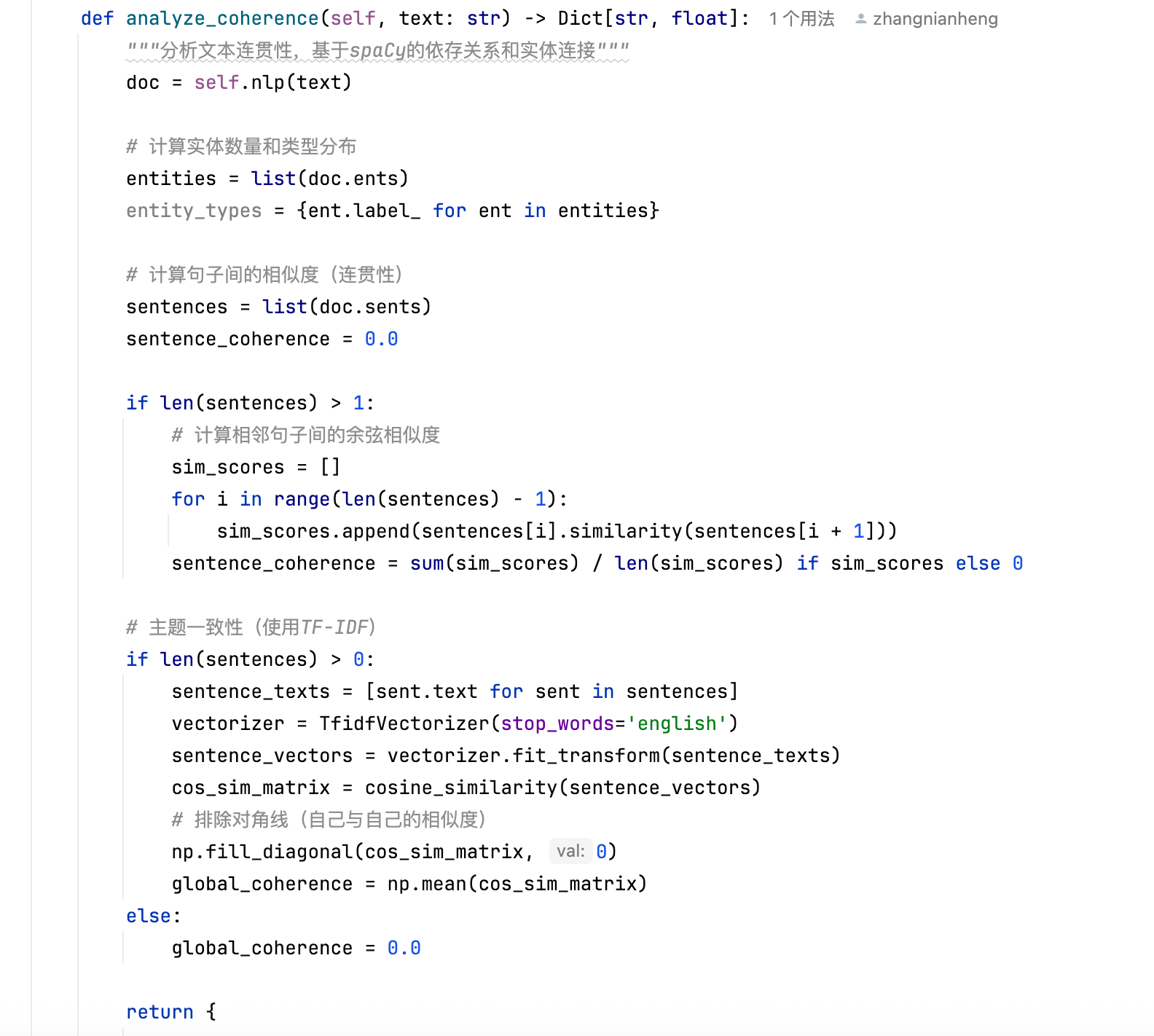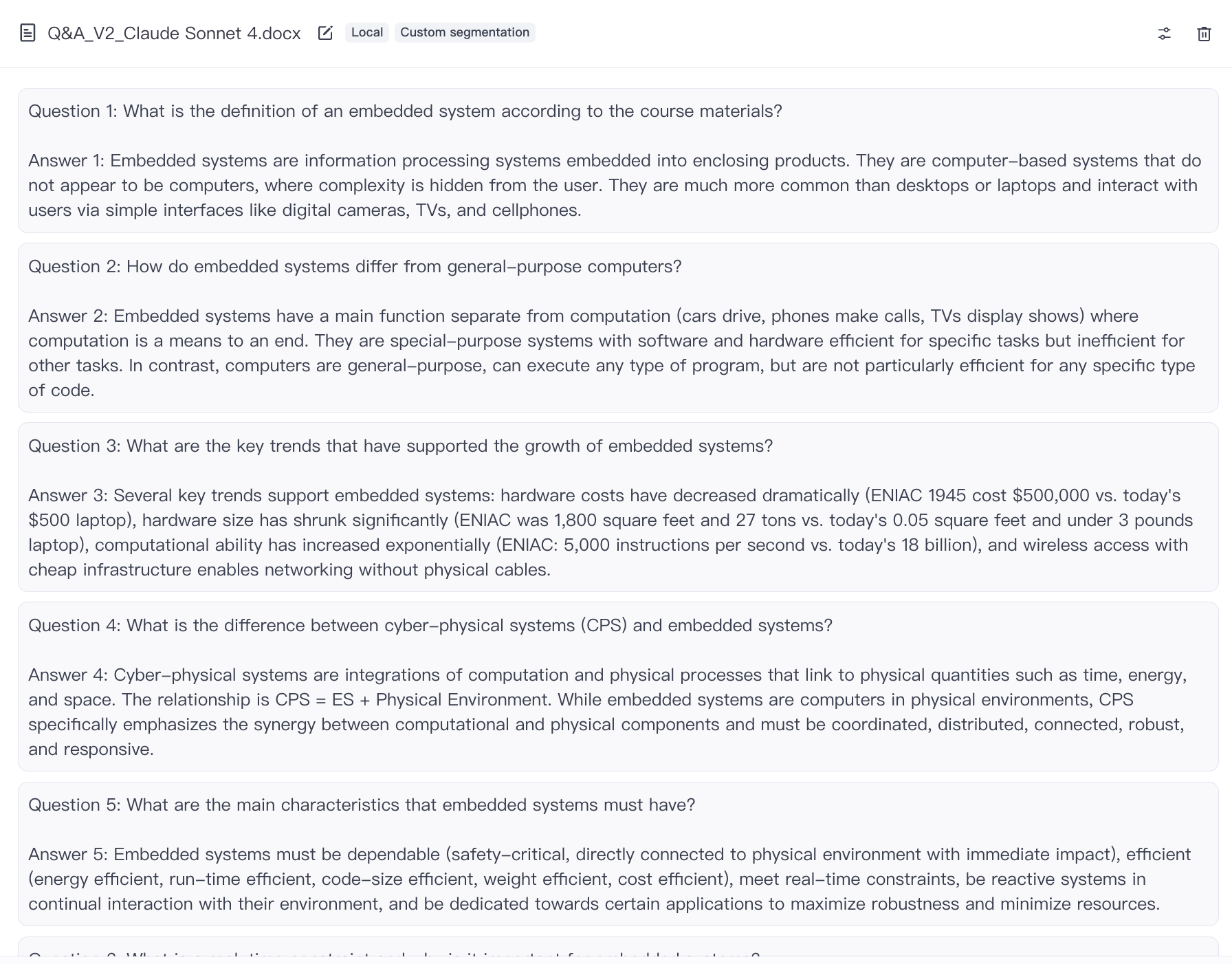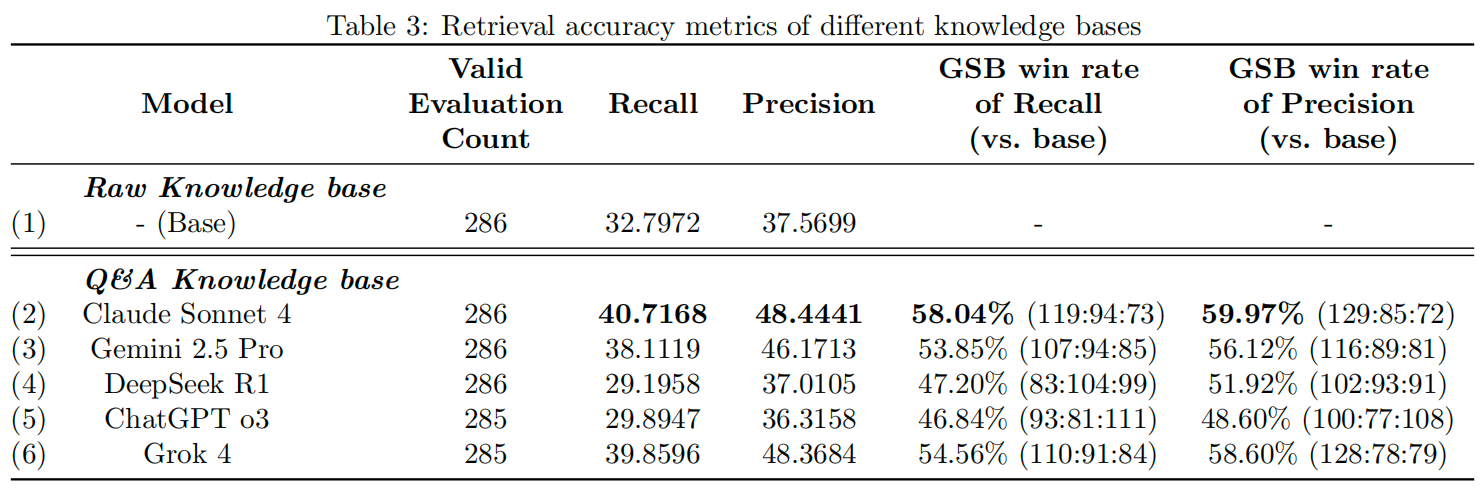Supervisor: Dr. Albert Ting Leung LEE
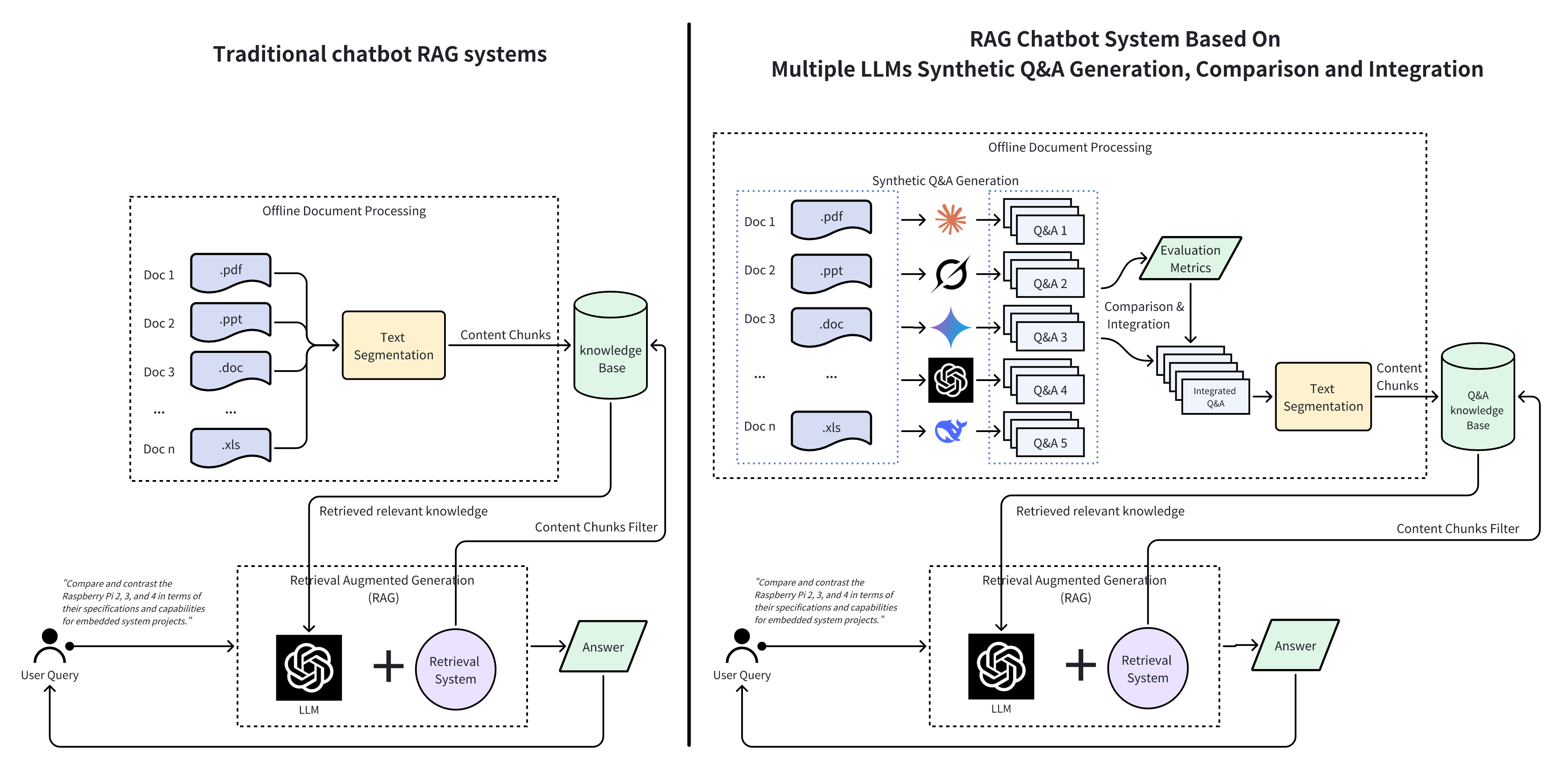
Background & Objective
Current Challenges
- Traditional RAG systems suffer from heterogeneous document formats and noise interference
- Improper segmentation strategies lead to low retrieval accuracy
- Severe hallucination problems in course-specific knowledge scenarios
- Limited effectiveness when handling proprietary educational content
Research Objectives
- Construct high-quality course-specific knowledge bases
- Generate structured Q&A knowledge bases through multi-model collaborative knowledge distillation
- Enhance RAG system retrieval accuracy for educational applications
- Validate methodology effectiveness in real educational scenarios
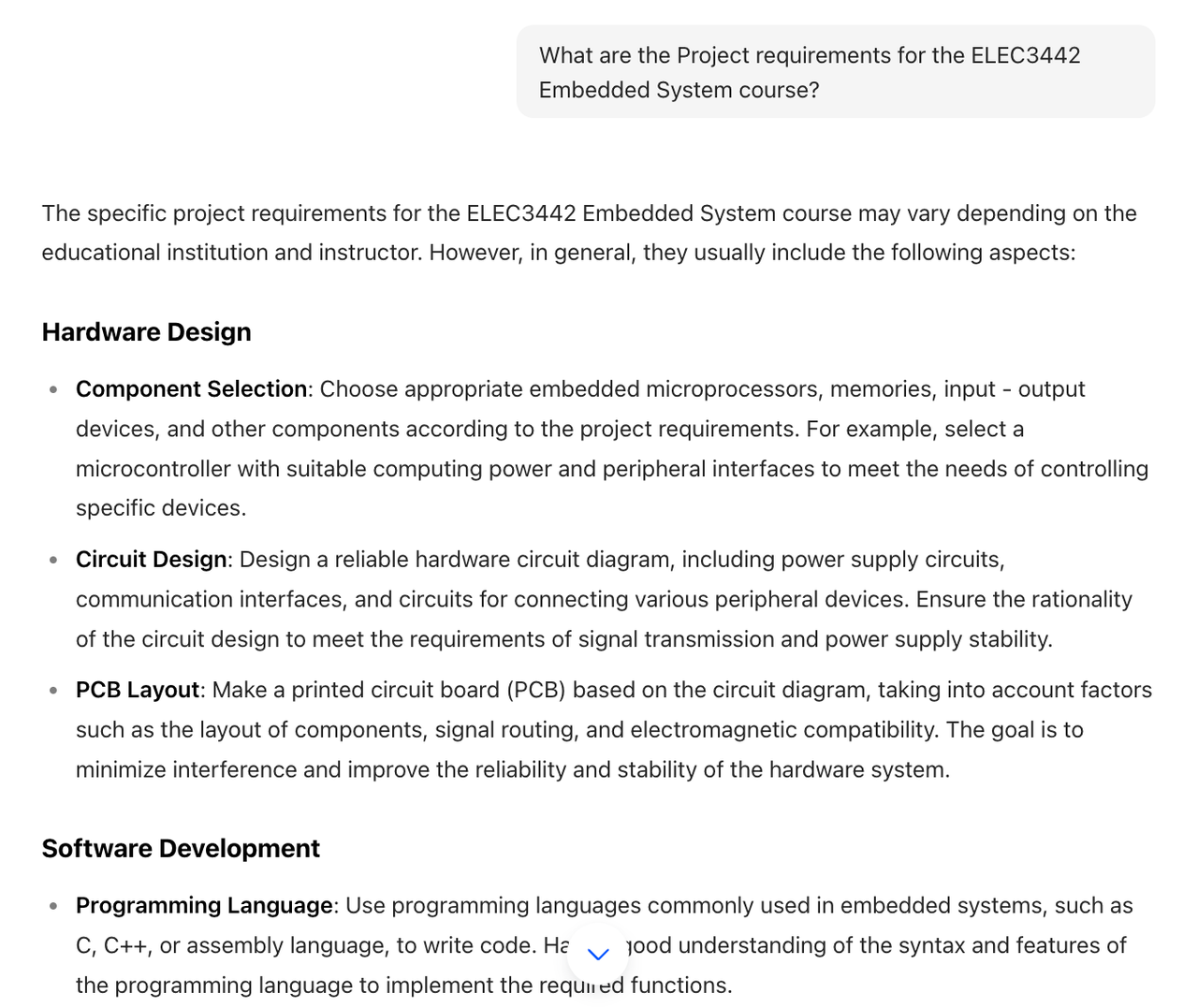
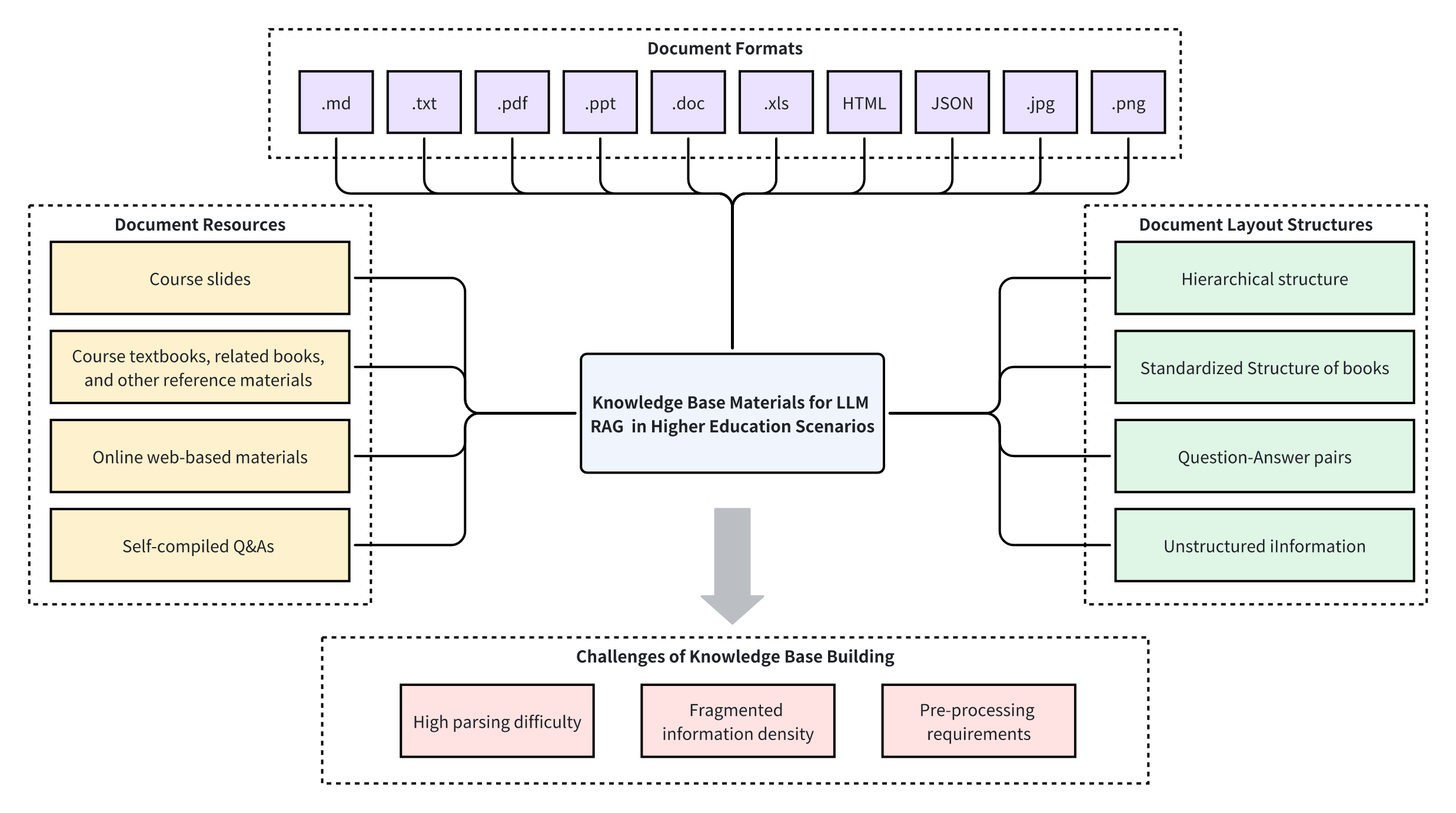

研究背景与目标
现有挑战
- 传统RAG系统存在文档格式异构、噪声干扰等问题
- 分割策略不当导致检索精度低下
- 在课程专有知识场景中幻觉问题严重
- 处理教育专有内容时效果有限
研究目标
- 构建高质量的课程专用知识库
- 通过多模型协同知识蒸馏生成结构化问答知识库
- 提升RAG系统在教育应用中的检索准确性
- 验证方法在实际教育场景中的有效性


